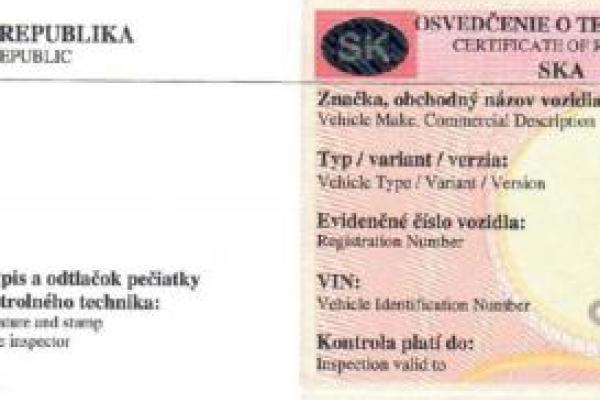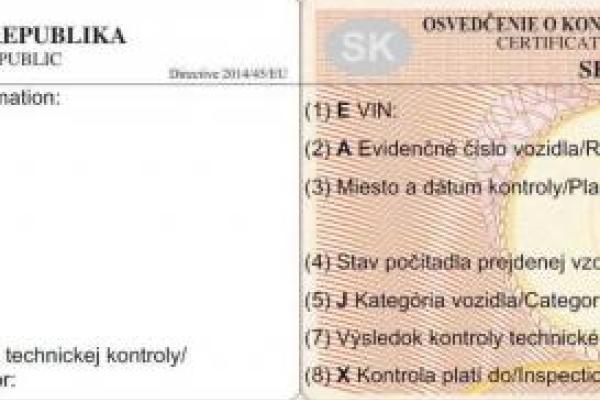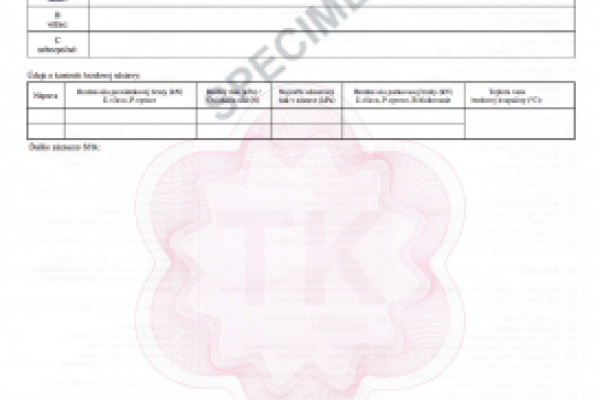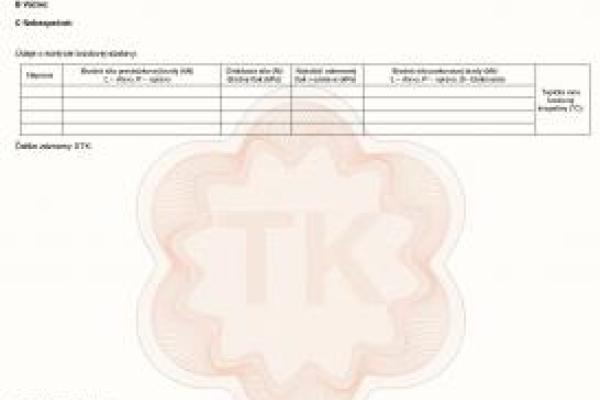General information
General overview
The periodic roadworthiness test for vehicles has two parts: A. a periodic roadworthiness test (categories, L3e, L4e, L5e, L7e, M, N, O2, O3, O4, T and R); B. a periodic exhaust emissions test (categories M, N and T and from 2021, categories L3e, L4e, L5e and L7e). Separate documents are issued for each part. If a vehicle passes the roadworthiness test, the following documents are issued: A1. a certificate of roadworthiness: the driver has to carry this certificate in the vehicle together with the registration document; A2. a protocol of roadworthiness including a detailed list of deficiencies found during the roadworthiness test: the driver does not have to carry this protocol in the vehicle. A national information system keeps records of the roadworthiness tests. Road vehicles may operate in road traffic if they have valid roadworthiness (TK) and emissions inspection (EK) certificates, unless they are not subject to them.
Test frequency
|
Categories or types of vehicle |
First mandatory test |
Subsequent tests |
|
L3eA1, L4eA1, L6e (< 125 cm3), O2 and R2 |
Within four years after the date of first registration |
Every four years |
|
L3eA2, L3eA3, L4eA2, L4eA3, L5e, L6e (≥ 125 cm3), L7e, M1, N1, T, R3 and R4 |
Within four years after the date of first registration |
Every two years |
|
M2, N2, N3, O3 and O4 |
Within one year after the date of first registration |
Every year |
|
M3 |
Within one year after the date of first registration |
Every year then every six months after eight years after the date of first registration |
|
M and N used for:
|
Within one year after the date of first registration |
Every year |
|
Vehicles used in taxi services and vehicles used in driving schools (except L1e, O1 and O2) as training vehicles |
Within one year after the date of first registration |
Every year |
Exemptions: As of 20/05/2018 the periodic roadworthiness test is not applicable to vehicles in categories O1, R1, L1e and L2e.
Responsible authorities
The certificate of roadworthiness and protocol of roadworthiness are issued by the testing centre where the roadworthiness test of the vehicle was performed. Testing centres are licenced by the district authority for road traffic and road infrastructure based in the region where the test station is located.
Websites
Websites are being set up with publicly accessible data for the verification of roadworthiness.
Major changes
As of 25/05/18, Directive 2014/45/EU on roadworthiness tests for motor vehicles and Directive 2014/47/EU on the technical roadside inspection of the roadworthiness of commercial vehicles apply in the Slovak republic through law 106/2018 Col. on the operation of vehicles in road traffic.




